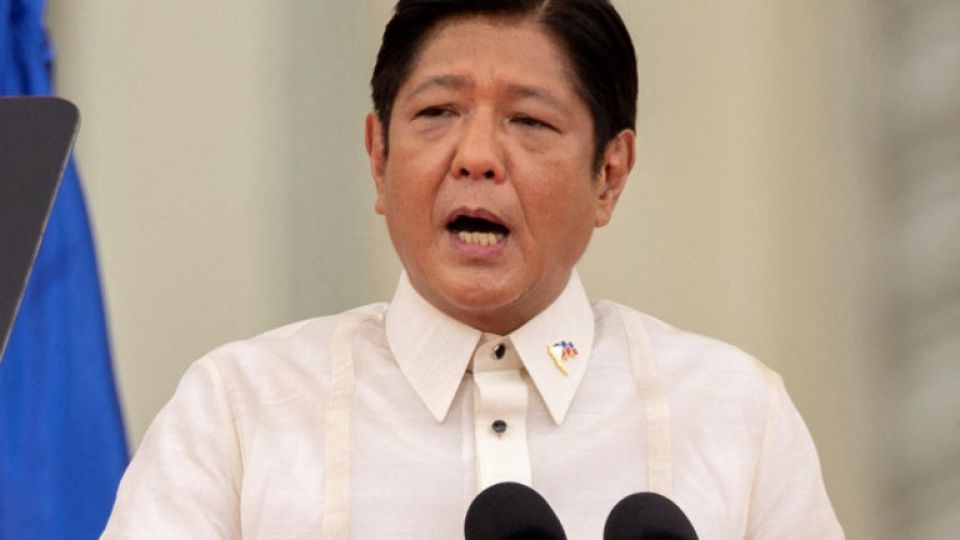July 7, 2022
MANILA — Ferdinand Marcos Jr. has issued his first order as the country’s top leader: abolish the Presidential Anti-Corruption Commission (PACC) and the Office of the Cabinet Secretary.
The directive is contained in Executive Order No. 1 signed on June 30 by Executive Secretary Vic Rodriguez, explaining that the Office of the President proper and the various attached agencies and offices are being reorganized “by abolishing duplicated and overlapping official functions.”
Copy of EO No. 1 was shared with the media on Thursday, July 7.
Under the EO, the Office of the President would be reorganized including its immediate offices and agencies, particularly dissolving the PACC and the Office of the Cabinet Secretary.
“Now, therefore, I, Ferdinand R. Marcos Jr., President of the Philippines, by virtue of the powers vested in me by law, do hereby order: The Presidential Anti-Corruption Commission is hereby abolished and its jurisdiction, powers and functions shall be transferred to the Office of the Deputy Executive Secretary for Legal Affairs,” the executive order reads.
“The Deputy Executive Secretary for Legal Affairs shall make recommendations on matters requiring its action, to the Executive Secretary for approval, adoption or modification by the President,” it also states.
President Ferdinand “Bongbong” Marcos Jr. issues first executive order: Abolish the Presidential Anti-Corruption Commission and the Office of the Cabinet Secretary. @inquirerdotnet pic.twitter.com/RsRwNLsMig
— Neil Arwin Mercado (@NAMercadoINQ) July 7, 2022
According to PACC’s website, under Executive Order No. 43, s. 2017 and its amendment Executive Order No. 73, s. 2018, the commission is tasked to “directly assist the President in investigating and/or hearing administrative cases primarily involving graft and corruption against all presidential appointees…thereof, and to perform such other similar duties as the President may direct.”
Likewise, PACC is also authorized to “conduct lifestyle checks and fact-finding inquiries on acts and omissions of all covered presidential employees, inside and outside of the executive branch of the government, which may be violative of the Constitution, or contrary to law, rules and regulations, and/or constitute serious misconduct tantamount to betrayal of public trust.”
Marcos Jr.’s EO No. 1, however, states that the administration shall streamline official processes and procedures by reorganizing the Office of the President proper and the various attached agencies and offices “by abolishing duplicated and overlapping official functions.”
EO No. 1 also abolishes the Office of the Cabinet Secretary, saying the existing Cabinet Secretariat should be placed under the direct control and supervision of the Presidential Management Staff.
“The Office of the Cabinet Secretary is hereby abolished… The Cabinet Secretariat, in coordination with the Executive Secretary, shall assist the President in establishment of agenda topics for Cabinet deliberations, or facilitate the discussion of Cabinet meetings,” the order says.
Personnel affected by the abolition of the PACC and the Office of the Cabinet Secretary may be allowed to avail of the benefits provided under existing law, the directive noted.
EO No. 1 further states there should be an Office of the Presidential Adviser on Military and Police Affairs, which would be under the administration of the Office of the Special Assistant to the President.


